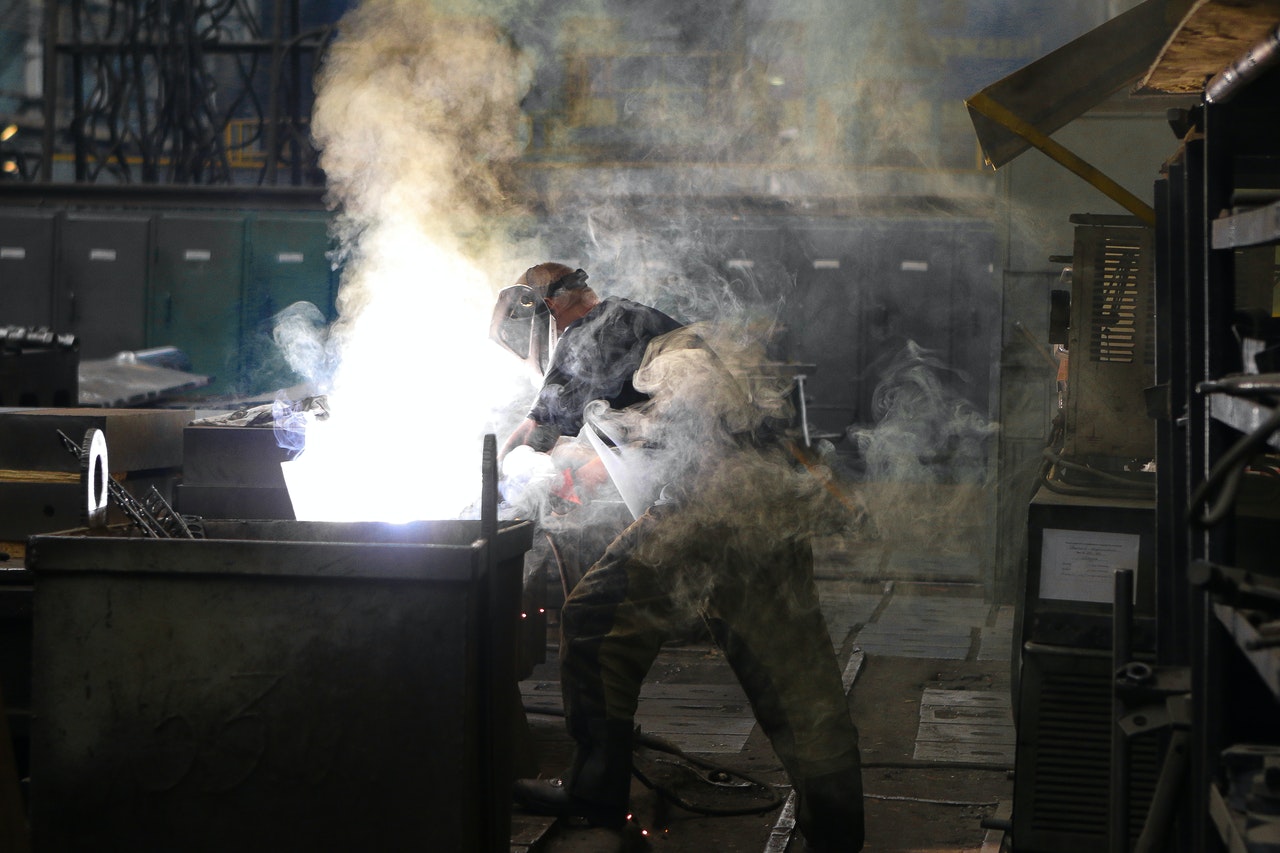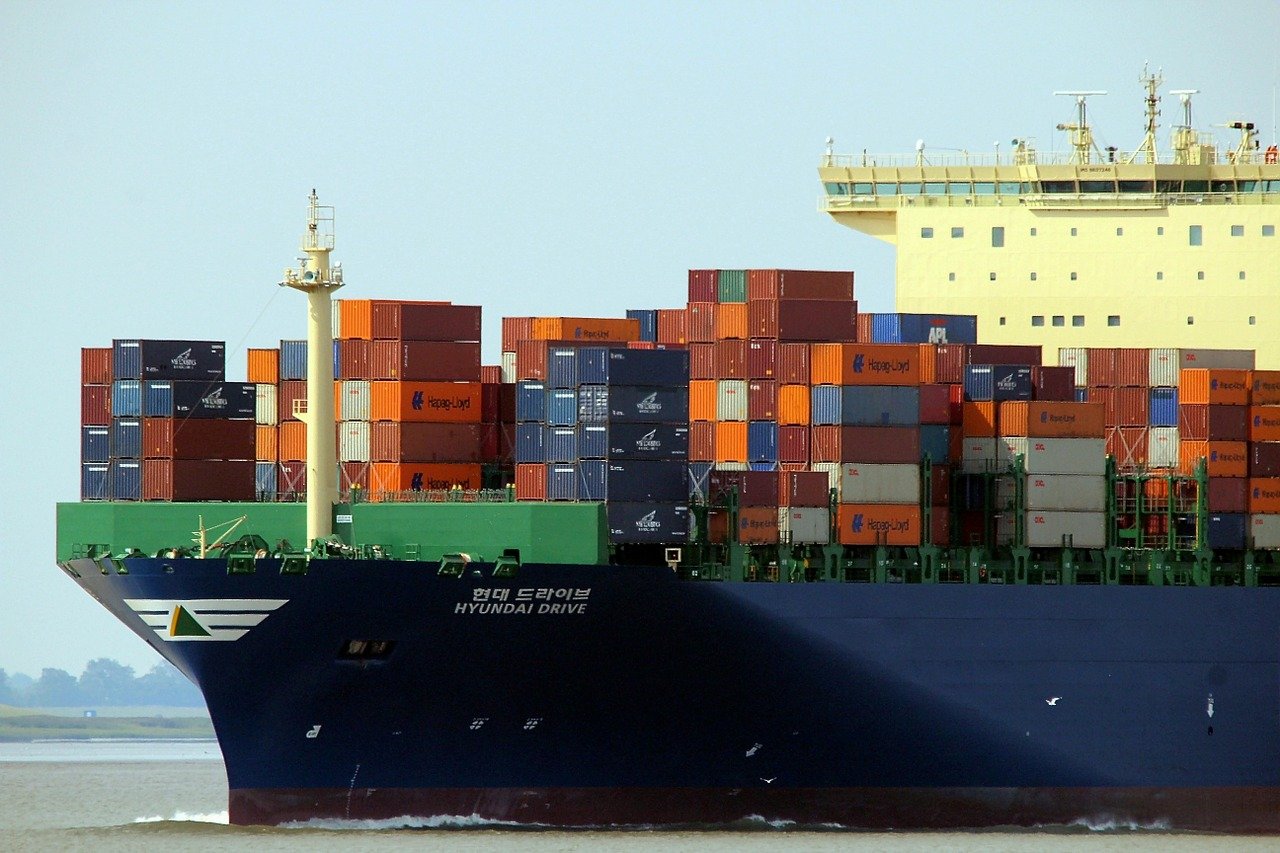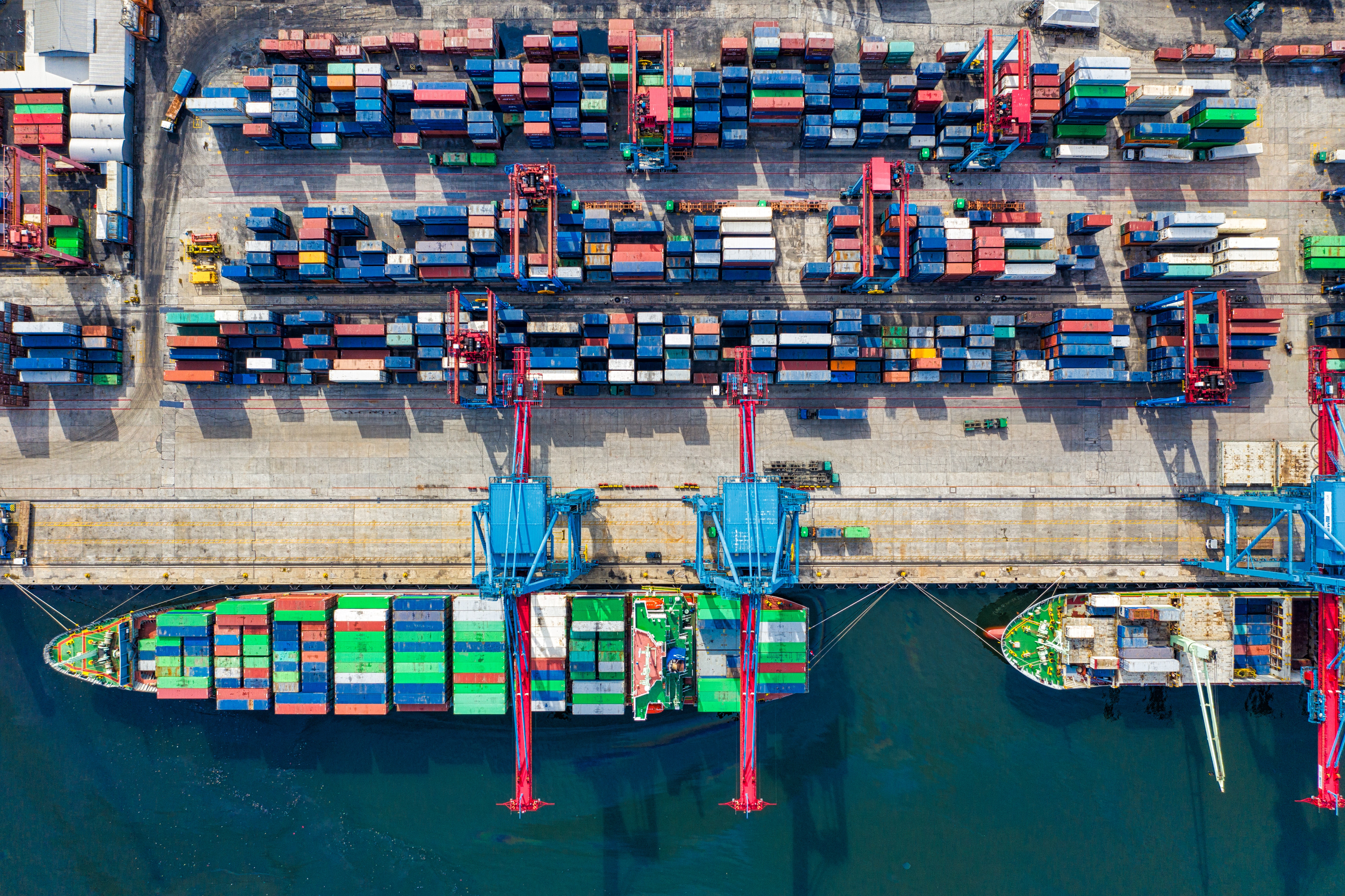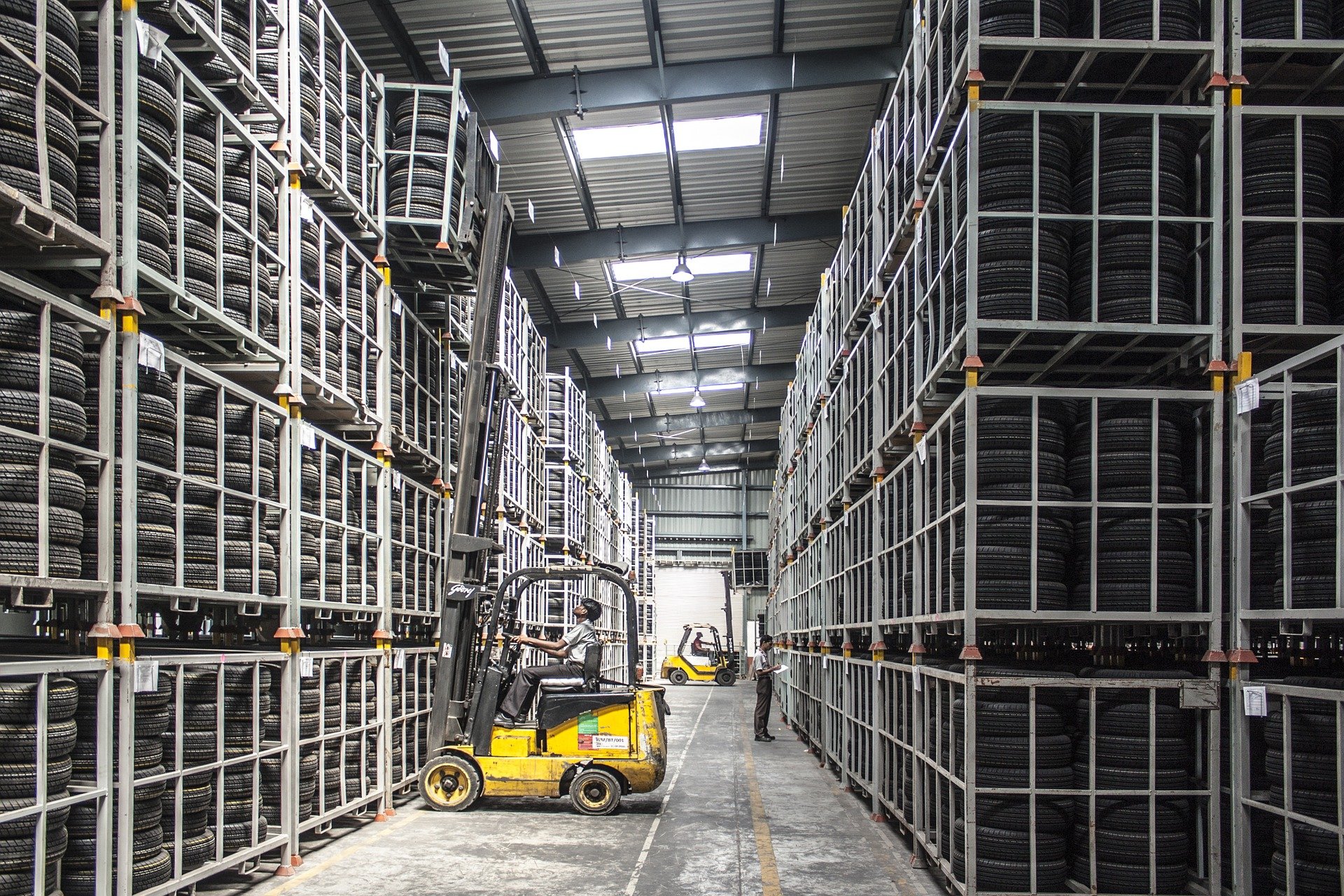Automotive manufacturers and their suppliers continue to increase their collaboration in various ways, whether this be through robotic process automation (RPA), data collection and exchange, or other methods that provide insights for scalability. With true, multi-enterprise collaboration, there are cross-training opportunities to convey customer needs and preferences for product innovation, giving manufacturers the ability to make rapid adjustments in real time. Collaborative behavior makes this happen, and it all starts with transparency.
However, building real trust, collaboration, and transparency goes beyond using a specific technology or workflow. At its core, this is about changing the culture of automotive OEMs and throughout their suppliers at every tier. Automotive companies who are true leaders in the industry consider the health of the entire supply network, not just their immediate interests. Making this change—as with almost all substantive transformations—requires change be from the top executive level down.
Read More
Topics: ERP, Manufacturing, Distribution, Supply Chain, Supply Chain Visibility, Supply Chain Network, Industrial Manufacturing, Cloud BI, Enterprise Asset Management, Enterprise Software, Supply Chain Operations, Supply Chain Management, Infor CloudSuite M3, Infor CloudSuite ERP
Disruptions to the supply chain
If any event reveals the need for resilient supply chains, it’s COVID-19. The disruptions shook every industry, including automobile. Early 2020 forecasts projected a significant drop in new vehicle sales, but ultimately turned out much better with only a 15% reduction from the total 2019 sales.
It’s no surprise the pandemic has prompted several automotive companies to embrace new supply chain strategies that allowed them to recover quickly while also setting them up for future growth. Many automotive companies stood up crisis teams and control towers to improve visibility and maintain profitability, which in turn developed into an advanced strategy around predictive risk management and multi tier supplier collaboration.
Even with the automotive industry embracing new supply chain practices, another disruption has risen in the semiconductor chip shortage. With modern vehicles often containing thousands of semiconductors, this crisis underscores another dimension of supply chain risk exposure and highlights the critical need to collaborate with multi tier partners for globally limited supplies.
Read More
Topics: ERP, Distribution, Supply Chain, Supply Chain Visibility, Supply Chain Network, Cloud BI, Enterprise Asset Management, Enterprise Software, Supply Chain Operations, Supply Chain Management, Infor CloudSuite M3, Infor CloudSuite ERP
To keep up with lofty yet mandatory customer expectations, your supply chain can’t afford to stop investing in technology that improves processes, connects business partners and IoT data, and uses machine learning algorithms to improve business outcomes. If the people tasked with running your supply chain are relying on poorly built or outdated systems filled with data quality issues, then they need new technology solutions and strategies to overcome these shortcomings to create true value.
As you strive to balance cost while simultaneously improve your customer service, you are no doubt confronting issues that require better collaboration amongst your group as well as the numerous companies you interact with daily. The days of each department or company working on an island while hoping groups further downstream can correct any mistakes are long gone.
Nowadays, those of us in the supply chain space realize the need for ongoing collaboration with everyone who touches our supply chain. This can take the form of sharing data around forecasts, inventory positions, capacity plans, order status (both at rest and in-transit), as well as visibility into shipments.
Read More
Topics: ERP, Manufacturing, Distribution, Rentals & Equipment, Supply Chain, Fashion & Apparel, Infor M3 ERP, Enterprise Software, Retail Supply Chain, WMS, Supply Chain Management
Chances are your brand already relies on an ERP solution to house foundational functions and master data. But can it withstand the rapid developmental, transactional, and digitized industry of the future? To meet the rigorous demands of supply, demand, financials, inventory management, and the needs of a collaborative network, the ERP solution employed by your company needs to have the flexibility to meet changing business models, encapsulate industry best practice processes, and integrate in real time with other key applications. Just as your people need to be connected in a collaborative network, so do your technology solutions.
Read More
Topics: ERP, Fashion & Retail, Supply Chain, Fashion & Apparel, Product Lifecycle Management, Infor M3 ERP, Enterprise Software, Supply Chain Management
As the remote work revolution sweeps the globe, contrarians are quick to point out that certain industries and positions may not be realistic candidates for working from home. Jobs in hospitality are frequently pointed to as examples of roles that require a physical presence – after all, that bed will not make itself. But forward-thinking organizations are using this crisis as the impetus to think creatively about what is and is not needed on-site.
Read More
Topics: ERP, Fashion & Retail, Supply Chain, Fashion PLM, Cloudsuite Fashion & Apparel, Infor M3 ERP, Enterprise Software, WMS, Supply Chain Management
Who is best suited to be in a remote work setting?
The grand remote work experiment we have all participated in over the last few months has resulted in a renewed interest in the concept becoming a regular component of the corporate landscape. And while enthusiasm for the approach has grown considerably, abandoning the physical office may not be attractive to everyone. In fact, some people have been quite vocal in their call for a return to the workplace, as they complain about their increased workload, lack of social interaction, constant parade of exhausting Zoom calls and inability to quickly (and clearly) communicate with colleagues. So how can we tell the difference between an admirer and an adversary of this new model of work?
Read More
Topics: ERP, Fashion & Retail, Supply Chain, Fashion PLM, Cloudsuite Fashion & Apparel, Infor M3 ERP, Enterprise Software, WMS, Supply Chain Management
Competitive supply chains must enable a new level of coordinated performance that creates a high-fidelity picture of in-process flows across your extended network. Building the continuous supply chain supports contextual deviations, conveys alerts and drives continuous planning via sense & respond capabilities.
Optimizing multi-party business processes
Supply chains are complex networks where over 80% of the data and processes sits within partner systems. To see and act on the latest picture of your supply chain, your company needs that data from each of your partners, but the problem is most companies rely solely on an enterprise-centric approach to solve a multi-enterprise problem.
The only way to overcome those limitations is to adopt a "network approach." Connecting all partners to shared processes, data and metrics managed within a single platform creates a single version of truth for all parties. This allows supply chains to eliminate the data silos and inherent latency in order to reduce the root causes of friction, variability and costs in today’s supply chains, both internally and externally.
Read More
Topics: ERP, Manufacturing, Distribution, Rentals & Equipment, Supply Chain, Fashion & Apparel, Infor M3 ERP, Enterprise Software, Retail Supply Chain, WMS, Supply Chain Management
When every transaction counts more so than ever before in restaurants and food services, forward-thinking strategies around restaurant menu management have become more important than ever before. Central to that is how much leading organizations have risen to the occasion to streamline the way they manage they their offering and push the newest versions of menus to the point of sale, unified across locations and concepts.
Restaurants and managed food services rely on current data and the technology needed to find useful narratives about how to enhance performance and maximize returns, specifically at the menu item level. How does that work? What role does restaurant POS play in that process? Let’s take a look.
Read More
Topics: ERP, Food & Beverage, Distribution, Supply Chain, Food Technology, CloudSuite Food & Beverage, Enterprise Software
No vertical market appears to be immune to the hardships and challenges resulting from the unprecedented uncertainty and volatility of today’s geopolitical strife, climate disasters, and global pandemics. Which makes it even that much more challenging for organizations to try to meet consumer preferences and requirements that are always changing.
All of this uncertainty underscores the importance for organizations to focus on optimizing all facets of their supply chain costs—including cost-to-source, cost-to-procure, cost-to-manufacture, logistics, and handing. Supply chain optimization must also factor in the direct labor that drives supply chain activities in manufacturing, distribution, and retail. Total cost has never been more critical to understand and control—regardless of an organization’s industry or sector.
Read More
Topics: Supply Chain, Supply Chain Visibility, Supply Chain Network, Retail Supply Chain, Supply Chain Management
Many wholesale distributors tend to view warehouse operations as a cost center due to labor, equipment, physical inventory, and real estate investments. However, with business models rapidly changing through e-commerce, omni-channel engagement, and innovative services, warehouse operations that are re-imagined through investments in technology can empower a company to gain a competitive advantage. Streamlining and automating processes across the warehouse improve customer and employee experiences and inspire customer loyalty.
A recent article featured in Forbes highlighted survey-based research on practice, priority, and expectation trends of warehouse executives. Respondents chose a warehouse management system (WMS) as their highest priority for technology investment with 96 percent of survey participants noting that the warehouse automation value proposition was expected to increase over the next 3 years. Survey findings indicated that operational changes like labor costs, labor shortages, and increased throughput requirements were all primary factors for companies looking to automation.
Read More
Topics: ERP, Supply Chain, Warehouse Management Systems, Product Lifecycle Management, Infor M3 ERP, Enterprise Software, WMS, Supply Chain Management











